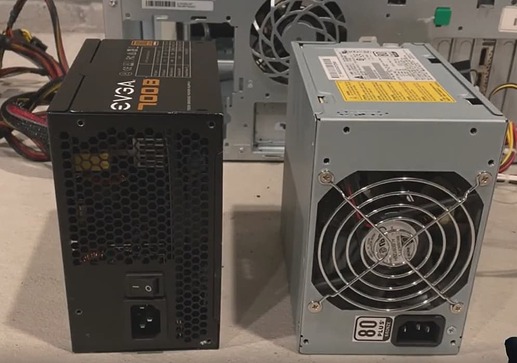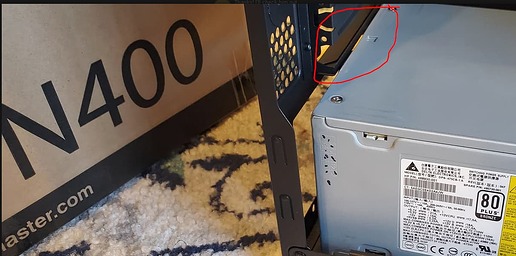I don’t think this guide was recommending ECC memory. Especially since it is using an i5 CPU which won’t support ECC memory on any motherboard.
ECC support on Intel’s consumer / workstation lines is a bit of a crap-shoot. Once again it is because of insidious market segmentation. Intel builds support for server grade features like ECC memory support, certain virtualization support, remote management, etc into their core CPU architecture, but then they disable it in their consumer core i5, i7, i9 lines so that they can justify selling basically the same chip re-branded as an “Entry Level” Xeon for twice the price to their enterprise customers.
They do leave it enabled on the low end chips like the core i3, Celeron, and Pentium lines, I think they just didn’t want to make a whole new line of “Sub Entry Level” Xeons to differentiate them. However they continue the market segmentation game by only enabling ECC on their C2X6 (For Coffee Lake that is C246) series motherboard chip-sets and not their consumer line chip-sets.
In Coffee Lake the consumer chipsets are the 370 boards although I am not familiar with Q370. I’ve seen B, H, Z, and X before. I’m not sure why they need so many chip-sets for the same CPUs… just kidding its more market segmentation.
I wouldn’t necessarily sweat the lack of ECC support. Folks on these forums are a bit divided on the issue. I think a majority opinion is that ECC memory really just adds cost and effort without much benefit to the average home NAS user. In a normal use case ECC will probably catch 1 or 2 errors a year and 95% of those errors probably don’t matter at all anyway. At least not until one of the RAM modules starts to fail.
That might start to shift a little though now that ZFS is the new hotness in Unraid. The hardcore ZFS folks swear by ECC memory since ZFS does a lot of work in RAM and a failing stick could thrash an entire array leading to 100% data loss, so in that case it is a more worthwhile insurance policy. However it is still no replacement for a backup strategy which is always recommended.


